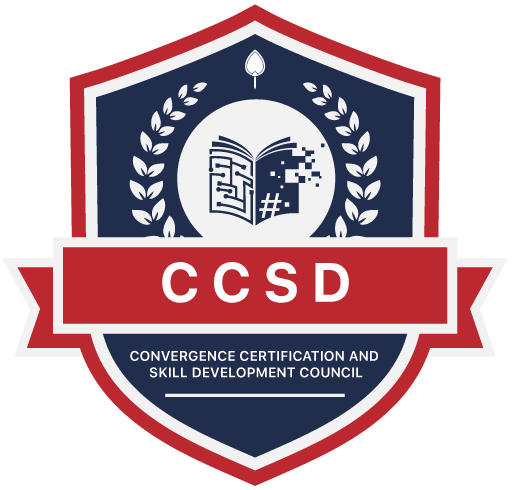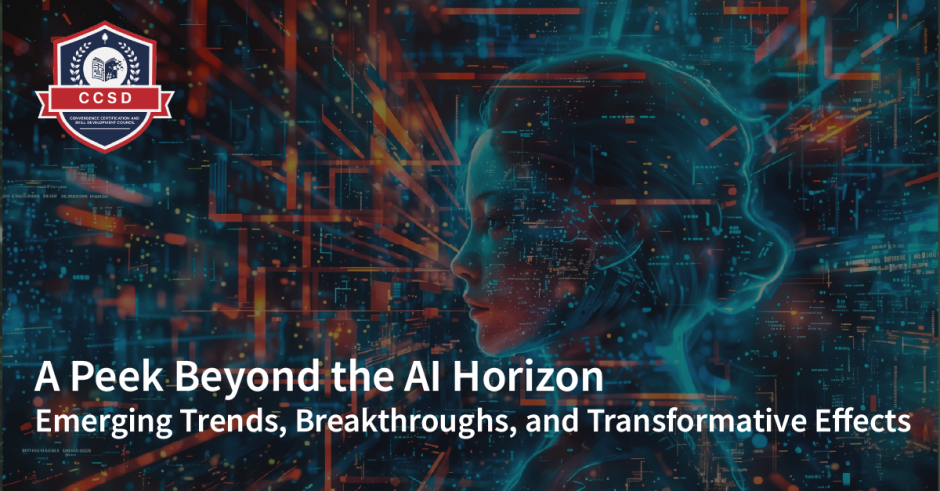A Peek Beyond the AI Horizon: Emerging Trends, Breakthroughs, and Transformative Effects
Introduction
Artificial Intelligence (AI) is no longer a distant concept; it is a driving force behind some of the most significant advancements of our time. From enhancing business operations to transforming societal norms, AI is reshaping the world in ways previously thought impossible. This article offers a glimpse beyond the AI horizon, exploring emerging trends and breakthroughs that are changing the current landscape. We examine how AI enhances efficiency, drives innovation, and impacts global economies across various sectors. Additionally, we address the challenges and ethical considerations that come with AI’s rapid development, providing a comprehensive overview of its transformative effects.
Emerging AI Trends and Breakthroughs
AI technology is advancing at an unprecedented pace, leading to groundbreaking developments that are redefining possibilities. Key trends and breakthroughs include:
- AI and Machine Learning Integration: Combining AI with machine learning to create systems that can learn and adapt autonomously.
- Natural Language Processing (NLP): Enhancements in NLP are enabling more accurate and intuitive human-computer interactions.
- Computer Vision: Advances in image and video recognition are improving applications in healthcare, security, and autonomous vehicles.
- AI in Edge Computing: Processing AI algorithms locally on devices, reducing latency and improving real-time decision-making.
- Generative AI: AI systems capable of creating new content, such as text, images, and music, based on learned patterns.
Transformative Effects on Business
AI is revolutionizing business operations, providing numerous benefits that enhance efficiency and innovation. Key impacts include:
- Automation: Streamlining routine tasks and processes, allowing human workers to focus on strategic activities.
- Data-Driven Decision Making: Leveraging AI to analyze vast amounts of data and derive actionable insights.
- Customer Experience: Enhancing customer interactions through personalized recommendations, chatbots, and predictive analytics.
- Supply Chain Optimization: Improving logistics, inventory management, and demand forecasting through AI-powered solutions.
- Product Development: Accelerating innovation cycles and enabling rapid prototyping and testing.
Societal Impact of AI
AI’s influence extends beyond business, significantly impacting society in various ways:
- Healthcare: AI-driven diagnostics, personalized medicine, and predictive healthcare analytics are improving patient outcomes.
- Education: AI-powered educational tools and platforms are personalizing learning experiences and increasing accessibility.
- Public Safety: Enhancing law enforcement, emergency response, and disaster management through predictive analytics and surveillance systems.
- Environment: AI applications in environmental monitoring, conservation, and climate modeling are contributing to sustainability efforts.
- Employment: While AI automates certain jobs, it also creates new opportunities and demands for AI-related skills.
Global Economic Implications
AI is a key driver of economic growth and competitiveness on a global scale. Its implications include:
- Economic Growth: AI-driven productivity gains and innovation spur economic expansion.
- Labor Market Shifts: The demand for AI skills and the transformation of job roles require workforce adaptation and reskilling.
- Industry Disruption: Traditional industries are being disrupted by AI-powered startups and technological advancements.
- Global Competitiveness: Nations investing heavily in AI research and development are positioning themselves as leaders in the global economy.
- Digital Divide: Addressing disparities in AI access and capabilities between developed and developing regions is crucial for inclusive growth.
Challenges and Ethical Considerations
While AI offers tremendous benefits, it also poses significant challenges and ethical dilemmas:
- Bias and Fairness: Ensuring AI systems are free from biases and provide fair outcomes.
- Privacy: Balancing the benefits of AI with the need to protect individual privacy and data security.
- Transparency: Making AI algorithms and decision-making processes understandable and accountable.
- Job Displacement: Addressing the potential for job displacement and ensuring a just transition for affected workers.
- Regulation and Governance: Developing frameworks to regulate AI development and deployment responsibly.
Action Accomplishment
As AI continues to advance, it is imperative for businesses, policymakers, and individuals to stay informed and proactive. Embrace AI by investing in education and training, fostering innovation, and implementing ethical guidelines. By doing so, we can harness AI’s potential responsibly and ensure it contributes positively to society and the global economy.
Inference
AI is a transformative force with the potential to reshape industries, enhance societal well-being, and drive economic growth. However, its rapid development also brings challenges and ethical considerations that must be addressed. By understanding the latest trends and breakthroughs, and by adopting a proactive and responsible approach, we can navigate the AI-driven future effectively. Embracing AI now will position us to leverage its benefits fully while mitigating associated risks.
The Call
Step into the future with AI—embrace its transformative power today to build a more efficient, innovative, and equitable world tomorrow.




